

Mastery is a concept that many believe is subjective, especially when it comes to writing (novels in particular). There’s an insidious belief that what constitutes good or bad is a matter of popular opinion. Quality isn’t something we can measure.
This belief—that mastery is a matter of taste—has been around as long as the publishing business. Probably longer. If this wasn’t so, then vanity presses would never have made a single cent.
Yet, vanity presses arose to meet the needs of those who believed that the gatekeepers had gotten it all wrong.
Their book was ready for popular consumption, ripe for the public to eagerly hand over disposable income for the privilege of using up limited free time to consume said book.
Sometimes (albeit rarely) the author was right.
Yet, before the digital age, an author had to seriously count the cost of publishing too soon, even with a vanity press.
Literally.
If one was going to hand over thousands of dollars to hold one’s book in hand? Then the author knew the gamble could either pay off big (The Firm), or that they’d end up with a storage unit filled with mouldering novels.
Mastery-Minded Culture
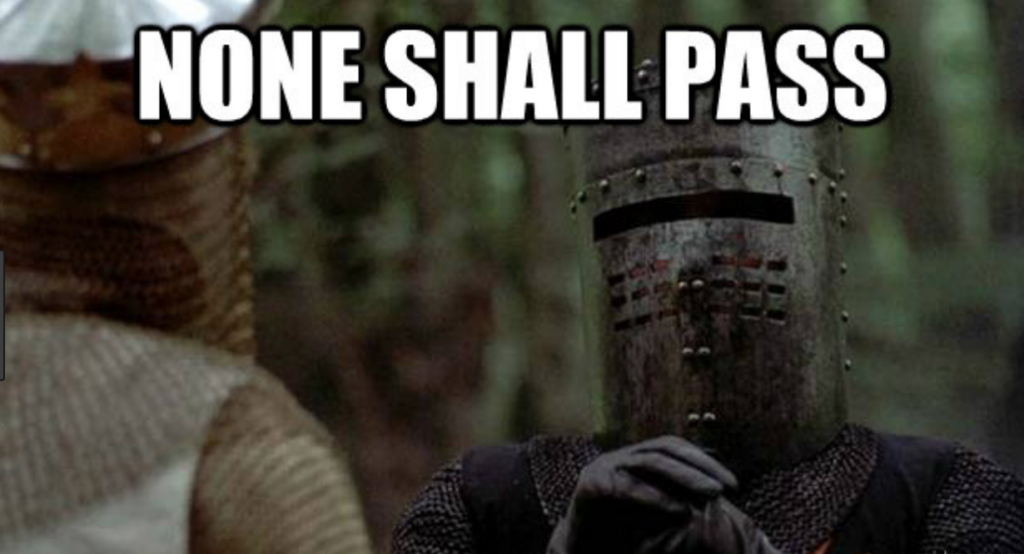

When I started writing seriously, the author culture was vastly different. Most writers aspired to mastery. It was a time when artists outnumbered entrepreneurs.
Granted, after a few brutal critique sessions, we pretty much all figured out we’d never craft the ‘perfect novel,’ but that didn’t mean we wouldn’t keep trying to get as close as possible.
Storytelling mastery included learning the basics. We had our worn copies of Strunk & White dog-eared, underlined, and held together with tape. There was a general sense we had to earn the title of ‘author,’ and we didn’t take kindly to shortcuts.
***This was why self-publishing took years to be accepted as a legitimate form of publishing.
Many of us wanted to become authors because we were, first and foremost, avid readers.
We loved books and stories. The idea of honing the same skill levels, attaining the same sort of mastery as our author heroes propelled us forward draft after draft, rejection after rejection.
Times Change Even in Writing


In my early years, tapping out and deciding to use a vanity press or self-publishing was akin to literary blasphemy.
There was also an atavistic response to any kind of self-promotion. It smacked too much of self-publishing bottom-feeder egomania.
This overriding negative attitude was one of the major obstacles I faced early in my career. Trying to convince authors that—one day soon—they’d need an on-line platform to survive was akin to walking around L.A. wearing tin foil shouting the world was going to end (and expecting to be taken seriously).
In my early years as a social media/branding expert, authors believed the publishers would do all that unseemly marketing and promotion stuff. Their only job was to write excellent books.
Then, over time, and due to some seriously bad business decisions in traditional publishing (namely the multinational media conglomerates who called the shots), self-publishing exploded in popularity.
The Big Six betrayed their loyal mid-list authors, cast them into the dust. Amazon picked them up then weaponized them. Legacy publishing inadvertently legitimized what had once been anathema.
Within a decade, the writing tables turned.
Authors in 2009 considered landing an agent the first step to success. After the agent, then the publishing deal with a ‘real’ publisher. Social media was for hacks.
Today, in 2022, I run across more ‘authors’ who aspire for marketing mastery over storytelling mastery. They can’t figure out why they’re not selling any books even though they have a fifteen-book series.
Is it the promotion? S.E.O.? Maybe they need a bigger newsletter or a spot on BookBub?
Maybe. Yet, from what I’ve seen, the major problem—more often than not—is the product not the promotion.
Content is and King
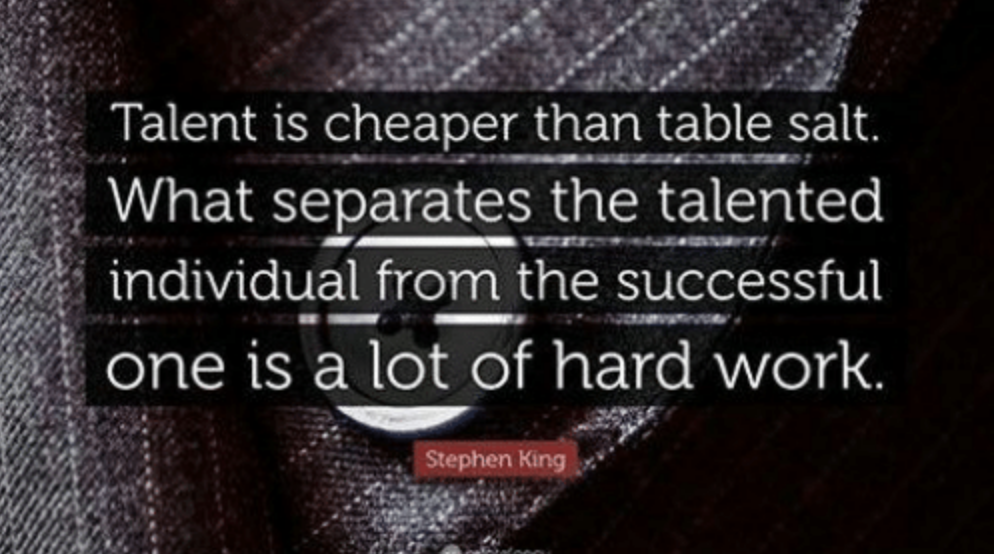

I firmly believe that true artists are always learning. We need to maintain a degree of humility in our craft or we’ll stagnate. This is why I read about 1-3 books a week in all genres. Additionally, I read and reread my favorite writing and craft books because I don’t know everything and can never know everything…which is why it is good to have reminders.
Like many other authors, Stephen King’s On Writing still has plenty of gems even though the industry looks nothing like the publishing world of King’s emergent years.
This line, in particular, still gets me every time.
If you want to be a writer, you must do two things above all others—read a lot and write a lot.
Stephen King, “On Writing”
This might seem like a ‘no duh’ statement, but I cannot count how many times I’ve encountered people who say they want to be a writer but they simply, “don’t have any time to read.”
Most of the samples I see in conferences or when running my Write Stuff Special (which is going for the next couple days)? I can instantly spot the writers who read very little if at all.
They don’t have time.
Here, King and I are in total agreement. Anyone who doesn’t have the time to read doesn’t have the time—or the tools—to be a writer (especially a good writer).
Craft classes and grammar lessons aside, reading helps fill our toolbox. We are artisans who are crafting people, places, worlds, and concepts using ONLY various combinations of twenty-six letters.
Would you trust someone to build your house who only owned (and knew how to use) a hammer and saw? Or a doctor who only knew how to wield a scalpel, but skipped learning how to suture?
Yet, how many writers are publishing books and they don’t even possess the basic fundamentals of our craft? And are more concerned with a new marketing plan than they are about why people don’t WANT to read their work, let alone PAY to read it?
Is Fiction COMPLETELY Subjective?
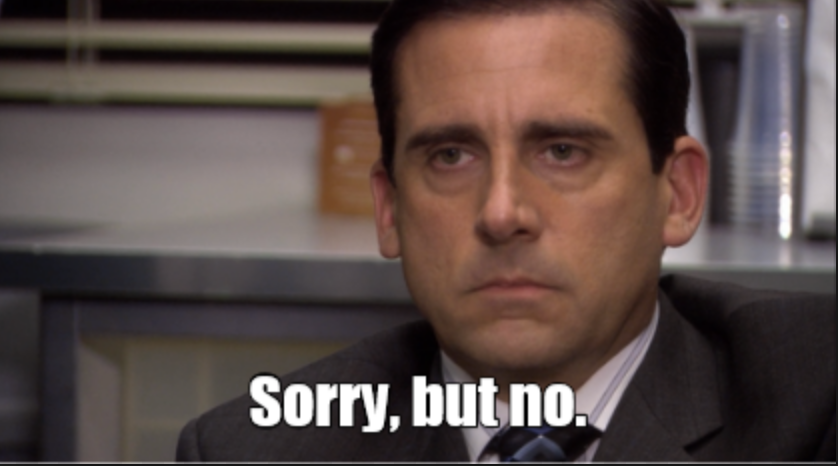

To a degree, yes. But, really? No. Not as much as some might claim.
As I mentioned earlier, it’s impossible to write the ‘perfect’ book, to craft the novel ‘everyone’ will love. This, however, is no excuse to dismiss the true artist’s inherent obligation to pursue mastery.
Did Picasso break all the rules? Yes, but he apprenticed for years, studied the masters, learned the rules and THEN broke them. Like a master mason who’s so familiar with the composition of stone, the feel of its striations, that he knows where to put the chisel and where to steer clear.
Yes, I’ve heard how there are a lot of ‘bad’ books/authors who sell a ton of copies and have a gazillion fans. Yet, I imagine one could look at any one of their books and see the writer at least tells a coherent STORY.
Mastery Begins with Basics
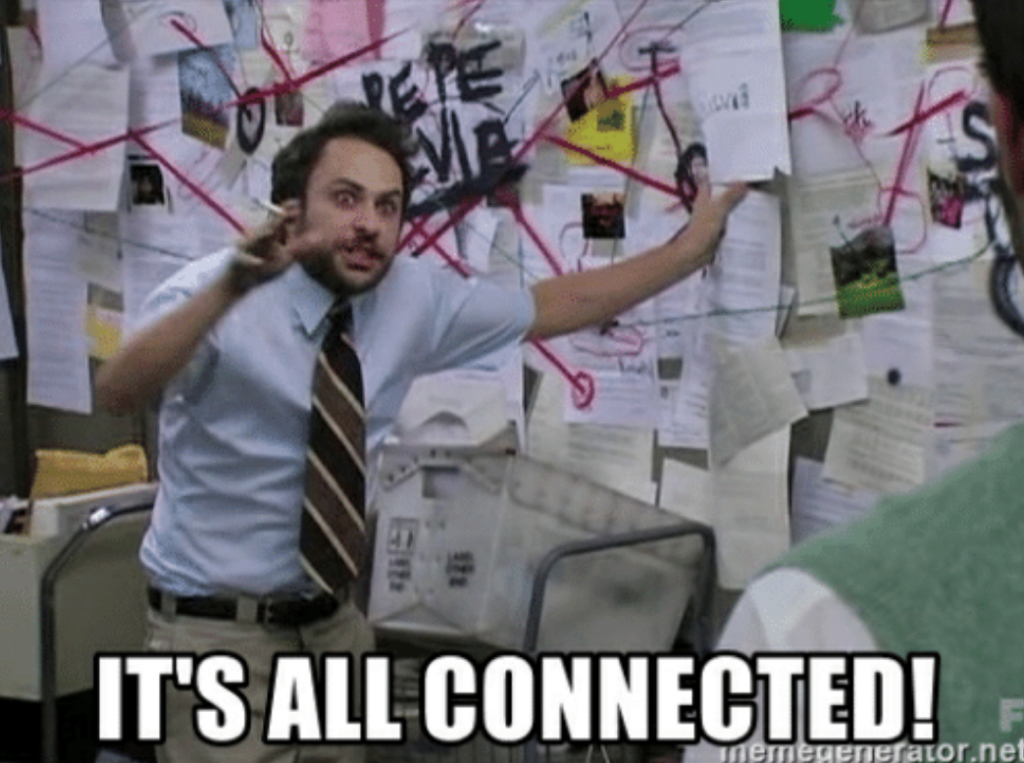

Grammar, structure, vocabulary, punctuation, etc. is for the READER. When we don’t know what P.O.V. is, we’re strapping readers onto Hell’s Tilt-A-Whirl, then have the nerve to be angry when they stumble away green around the gills.
If we don’t punctuate correctly, readers become easily lost. Similarly, grammar is akin to literary road signs that help the reader know where they are and what’s happening.
No signs or confusing signs don’t make for a pleasant drive any more than a pleasant read.
When we botch the basics, readers get a headache trying to untangle what’s happening where and why and to whom. Reading should be a pleasant experience, an adventure the reader never wants to leave.
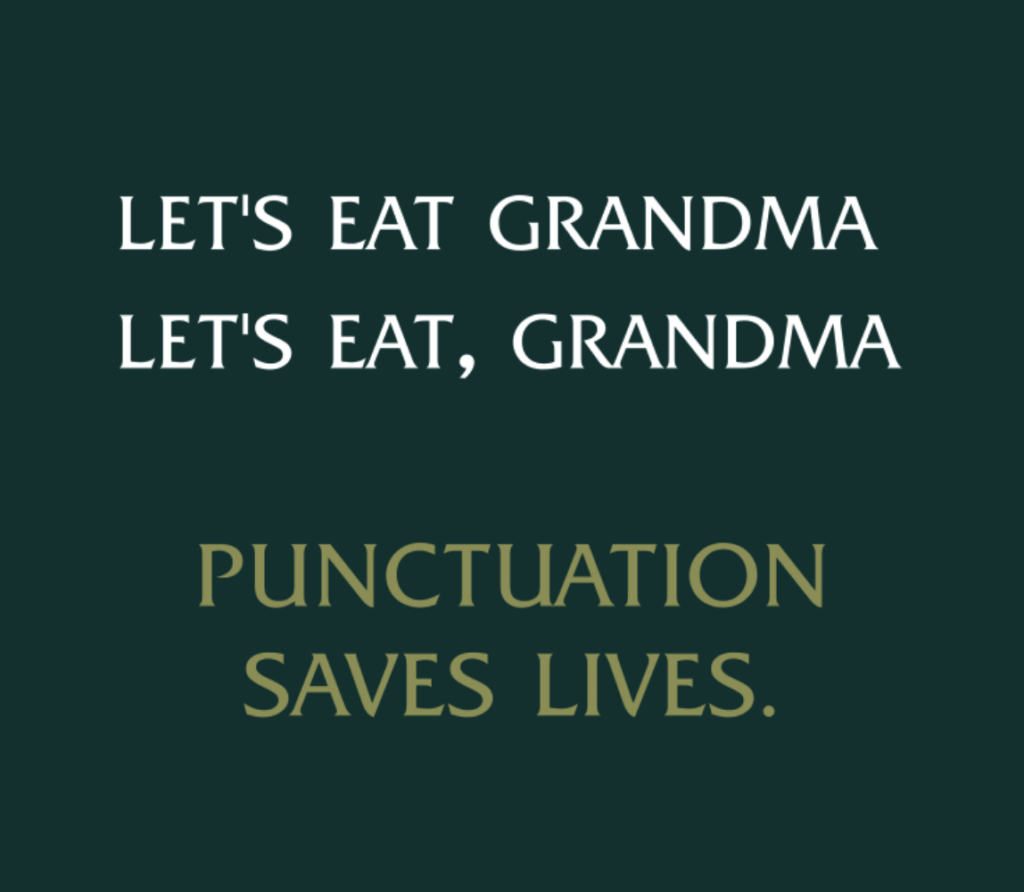

It is the height of hubris to blame readers if we’ve failed to do all that’s in our power to serve them an enjoyable experience. Stories aren’t simply for our own entertainment, unless writing is a hobby and we have no intention of selling that work.
Mastery takes time, study, practice, commitment, failure, more failure, and discipline. Sad to say we have devolved to a point where the slush pile has been dumped in the readers’ laps.
If we think it was tough to get people to read twenty years ago, what about now when there are a million plus books self-published every year (and most unedited)?
Self-Publishing & Mastery
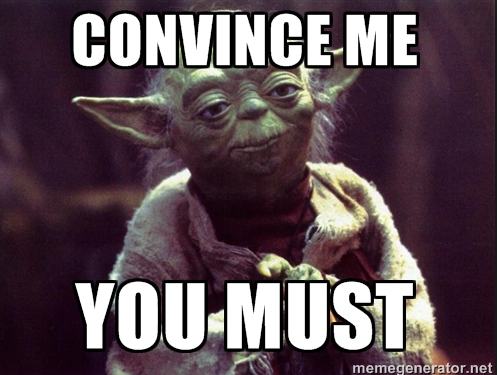

If we take a good look at the runaway successes that have emerged out of self-publishing, we’ll see that most of the BIG ones are pretty incredible books. Read Hugh Howey’s Wool, or Andy Weir’s The Martian, and Wm. Paul Young’s The Shack.
***Yes, there are more contemporary examples I could give, but these stand apart for me because they pulled ahead into the ‘legendary’ spots back when Big Publishing was still king.
Though The Martian’s hard-science-as-story might not appeal to everyone, it’s tough to argue it wasn’t well-written. Andy Weir simply told a story differently, to a group that NY publishers at the time didn’t believe existed…hard core geeks/nerds.
Weir, and others who’ve successfully self-published, have collected a fanbase because they tell stories other people want to read and can read.
Writing, like any art, has a learning curve. Sometimes, I believe this is what flubs so many of us up. Our culture believes that, because we possess command of our native tongue that OBVIOUSLY our first attempt at a novel should make millions. RIGHT?
NO!!!
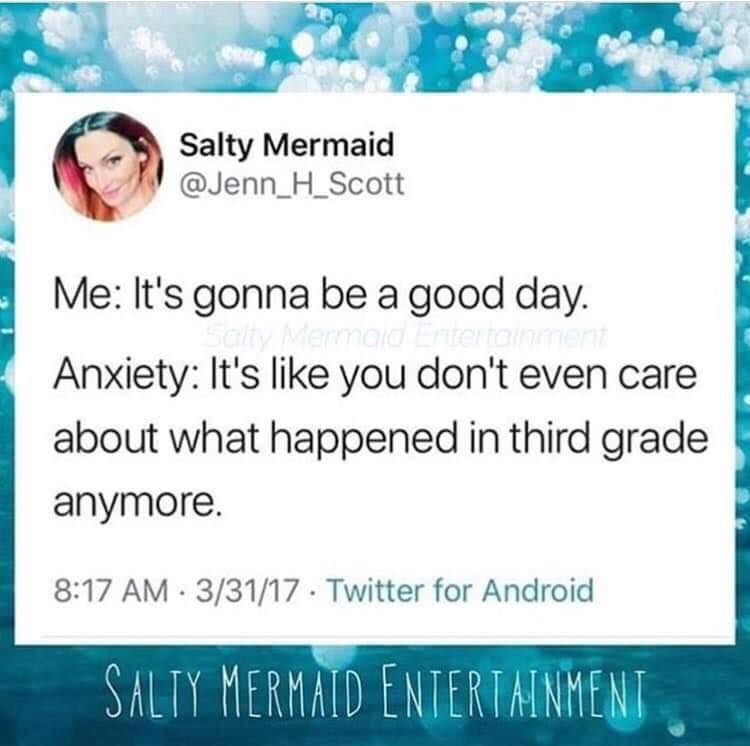

Yet, strangely the same people who believe the first draft of our first novel should be made into an HBO series would never expect a child who picks up a violin for the first time to be ready for Carnegie Hall by the end of the year.
Singers and dancers endure years of training, coaching and have tens of thousands of hours of practice before we’re likely to know they exist.
Mastery in sports, medicine, law, and yes even writing takes dedication and sacrifice. We need training, guidance, practice, mentors, failure, success, and yes…talent and a little (or a lot) of luck.
Mastery Resources
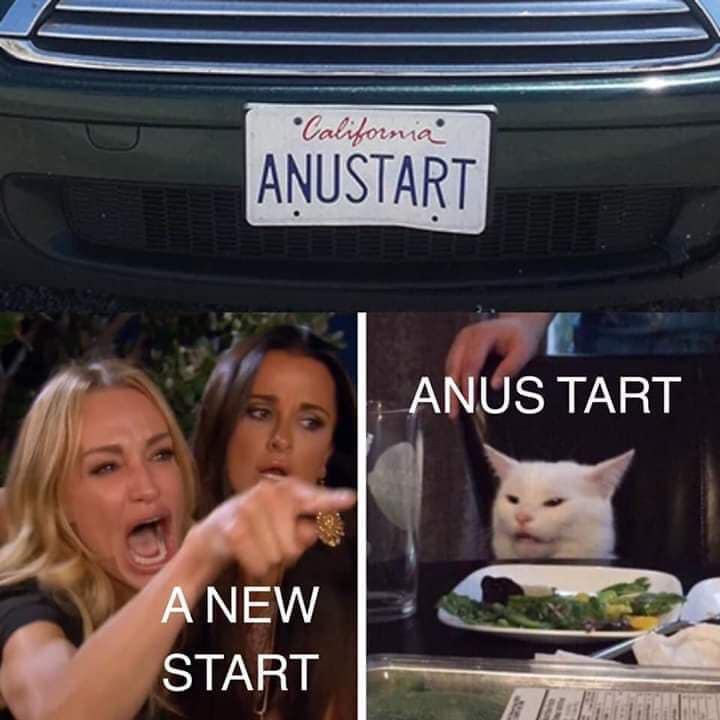

First and foremost, if you write fiction then READ fiction. It will help you understand your genre. Genre is for READERS as much as it is for writers. When we know our genre, we know who our potential readers are. We make it easy for them to FIND us. It demystifies structure.
For instance, if you’re selling me (the reader) a mystery, then a friggin’ CRIME better happen somewhere in the beginning, and I’m not talking about a crime against the written word.
Read a lot, in your genre and out. Absorb the good and the bad. Learn the literary terrain and build your skills using observation. There are super successful authors who claim they never plot.
Yet, I will counter with this.
They have probably read SO many books that structure is hardwired into their brains. These authors gained mastery ‘by ear,’ if you will.
Some people learn piano with an instructor, others pick it up by listening and playing around on a keyboard long enough.
Both ways are hard work.
All serious authors should read (much like all serious musicians should probably listen to music). Yet, there are other tools at our disposal and here’s a list of my favorite in no particular order:
Mastery Manuals
Brilliant Blogs (Other than Mine 😛 )
Mastery Resources/Tools
I’ve probably left out one or twenty other items I’d love to add to this list, but there will be more blogs, and this is enough to give any author interested in pursuing mastery a darn good start.
I read and reread these books because I’m always learning and growing. I’m far from the perfect writer, but every day I’m gaining on her (even if she IS a unicorn). I write an average of 2,000 to 4,000 words a day, depending on what I’m working on.
Additionally, I average 3-4 hours of reading a day. I do this mainly using Audible because, according to the laundry piles, I think I have people living in my house I don’t know about.
And I already can hear the howls of complaint.
I just can’t listen to books. They make me fall asleep. My mind wanders.
Mine did, too. I had to TRAIN myself to listen to books. The excellent ones, I buy in paper (or ebook) and read again the old-fashioned way. But audio books are portable. I can listen when waiting in a line, stuck in traffic, while doing dishes, and when working out.
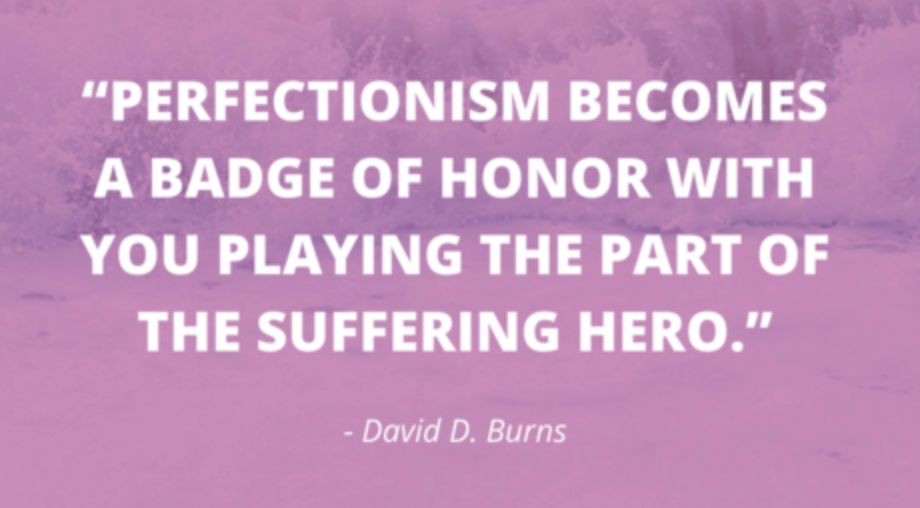

Perfect is the enemy of the good and I’d rather y’all ‘imperfectly’ listen to audiobooks than not read any books. When we show up to the blank page with no tools, no reservoirs bursting with vocabulary and imagery, we risk looking ill-prepared or simply ignorant.
I’ve been both. It sucks to invest years into a ‘novel’ that is an unsalvageable mess. I keep my first ‘novel’ in the garage because it chews on the furniture and pees on the rugs.
Remember, we all start somewhere. Give yourselves permission to be NEW.
What Are Your Thoughts?
I love hearing from you!
And to prove it and show my love, for the month of JUNE, everyone who leaves a comment I will put your name in a hat. If you comment and link back to my blog on your blog, you get your name in the hat twice. What do you win? The unvarnished truth from yours truly.
I will pick a winner once a month and it will be a critique of the first 20 pages of your novel, or your query letter, or your synopsis (5 pages or less).
We have been doing a lot of traveling because my FIL has serious health issues so I will announce May’s winner next post.
CLASSES!
***All classes come with a FREE recording
COMING UP!
The Art of Character: Writing Characters for a SERIES
Thursday, June 16th 7:00-10:00 P.M. NYC Time
For more information, SIGN UP HERE.
Practice Your Pitch: Master the Log-Line
Thursday, June 23rd, 7:00-9:00 P.M. NYC Time. This is a TWO-HOUR INTERACTIVE WORKSHOP!
For more information, SIGN UP HERE.
The Write Stuff Special: 20 Pages of DEEP Edit ONE LOW PRICE HERE. Only 10 slots available and open until June 9th.
